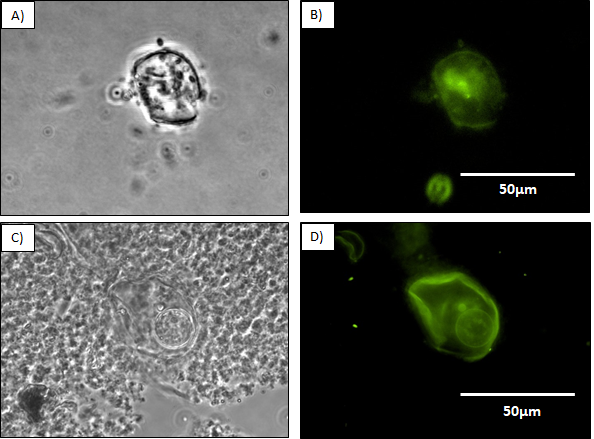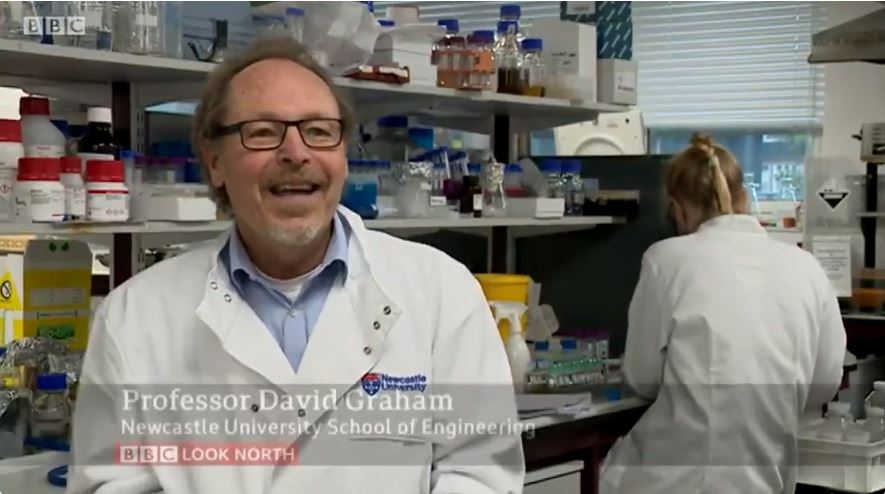We are looking for a highly motivated person to join our team on a 24-month full- time position funded by our UK-India NERC project “AMRflows: antimicrobials and resistance from manufacturing flows to people”. We are seeking someone with advanced skills and experience in molecular microbial ecology, flow cytometry, and-or bioinformatics and biostatistical analysis, ideally within a water-engineering context. The aim of the post is to develop new ways of quantifying rates and frequencies of horizontal gene transfer related to antibiotic resistance in the environment. The post also may assist our work quantifying SARS-CoV-2 spread in the environment. A full job description and how to apply is available at here. The closing date is 3 January 2021.
Monthly Archives: November 2020
New ES&T Publication: Impact of redox conditions on antibiotic resistance conjugative gene transfer frequency and plasmid fate in wastewater ecosystems
We are happy to present our new publication in Environmental Science & Technology. This paper is from Mui-Choo (Florence) Jong’s PhD research on antibiotic resistance (AR) gene transfer in low-energy sponge bioreactors. Florence showed sequential redox conditions generally enhanced AR gene removal, but she also observed very different gene transfer frequencies under different conditions. To test this observation, she developed a reporter assay using a green-fluorescent-protein tagged E. coli to track conjugative AR plasmid fate; the survival of the E. coli host cells; and gene exchange activity in aerobic, anoxic and anaerobic bioreactors, both in biofilms and the liquid phase. Overall, her work, reported in ES&T, show that aerobic conditions are better at reducing AR levels and gene transfer in wastewater ecosystems, perhaps due to the reduced host survival and in situ predation. This has major practical implications to wastewater treatment process design.

Alumni Day talk online: Fighting the Next Pandemic: Water quality, antimicrobial resistance and global health
David Graham recently provided the 2020 Newcastle University Alumni Day lecture and it is now available online (in case you missed it). The talk called “Fighting the Next Pandemic: Water quality, antimicrobial resistance and global health” is available here or see it below. It addresses links between water quality and the spread of resistant infectious disease – which could potentially lead to the next pandemic. Parallels and lessons between antibiotic resistance and Covid-19 are discussed.
Our wastewater epidemiology research on BBC Look North
Really good series of pieces on SARS-CoV-2 wastewater epidemiology by BBC Look North. Credit to Marcos Quintela-Baluja, Kelly Jobling, Vincenzo Padricello, Katie Robins, and Rui Xin. See https://twitter.com/i/status/1323721151005233152 and https://twitter.com/i/status/1323719413191901185.

